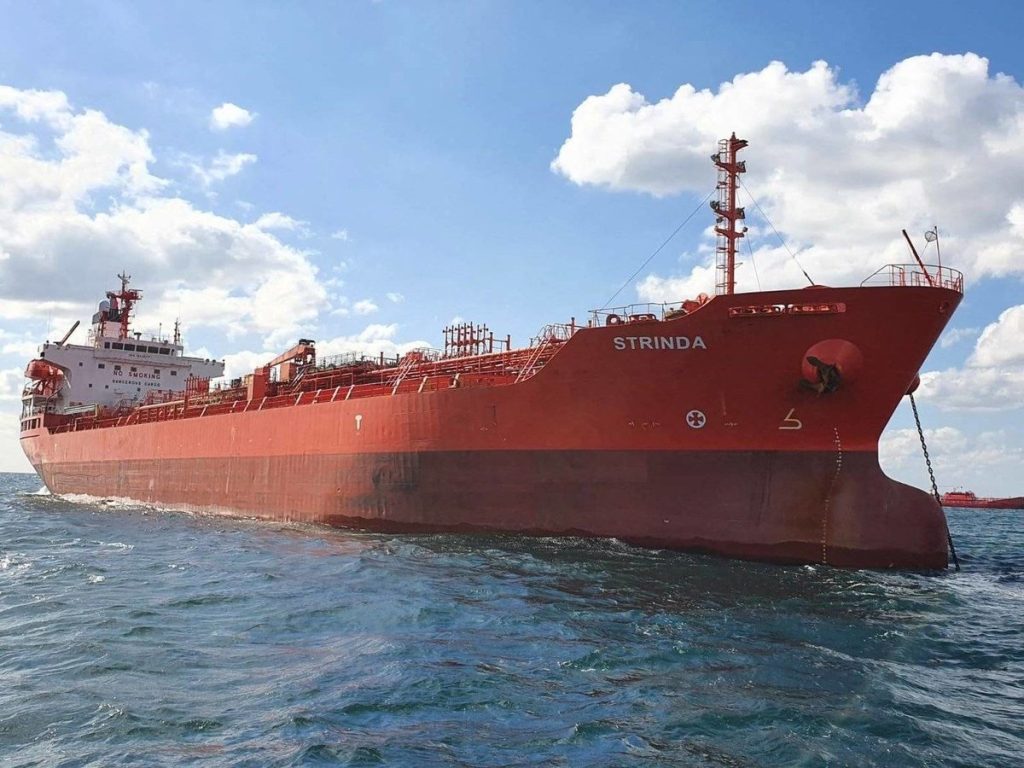As China’s Lunar New Year holiday approaches, retailers on a global scale are proactively replenishing their stocks and exploring alternative transportation routes via air or rail, steering clear of the Red Sea. Executives and experts report a surge in this trend, with some European retailers even postponing marketing campaigns for specific goods until their stocks are securely replenished.
Notably, major container ship operators such as Maersk and Hapag-Lloyd are redirecting vessels away from the Suez Canal, the usual and shortest route from Asia to Europe, in response to recent militant attacks in the Red Sea. This strategic shift raises concerns about potential disruptions to global trade, coming at a critical time when supply chains are gradually recovering from the impacts of the COVID pandemic.

Opting for alternative routes, such as circumventing southern Africa, incurs additional challenges, including an extra $1 million in fuel costs and an approximately 10-day extension to the journey. In light of this, interviews with five retailers, dealing in a range of products from furniture to mechanical components, along with insights from analysts, shed light on the unconventional measures companies are adopting to navigate these challenges.
BDI Furniture, a U.S.-based company, is taking proactive measures by accelerating orders and increasing reliance on factories in Turkey and Vietnam. Additionally, the company is collaborating with freight brokers to bypass the Panama and Suez canals, opting instead to ship goods across the Pacific Ocean to California. From there, the goods can be efficiently transported by rail to BDI Furniture’s east coast U.S. warehouse.


